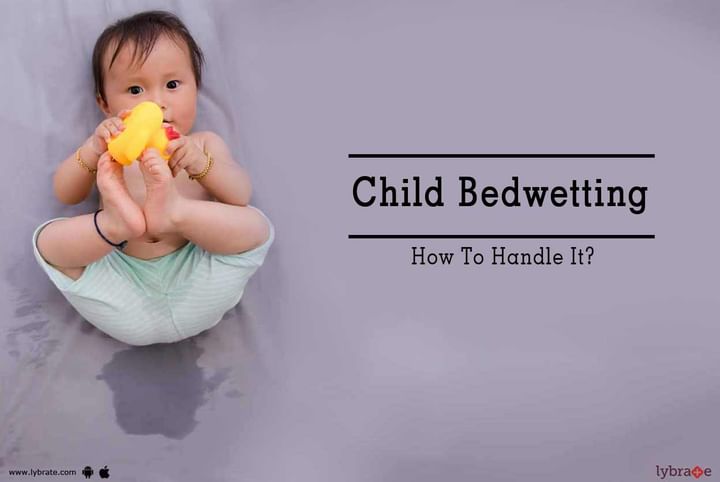Child Bedwetting - How To Handle It?
Bedwetting, also known as Nocturnal Enuresis, can be referred to as the unintended and involuntary urination during sleep. Enuresis, being a medical term, stands for wetting, whether during the day in full clothing or at night in bed. For young children and infants, urination is certainly involuntary. It is worth note that children who wet their beds are not actually being disobedient or lazy.
Child Bedwetting can be classified into two types- Primary and Secondary
Primary Bedwetting
It has been continuing since the phase of early childhood without a halt; which means the child bed-wets every night.
Causes:
-
The child is unable to hold urine over the length of the night.
-
The child cannot wake up in case his or her bladder is almost full..
-
The child has been taught poor toilet habits as he/she puts off urinating for hours during the day.
Secondary Bedwetting
Secondary bedwetting can be an indication of a repressed medical or emotional condition.
Causes:
-
Infection of the urinary tract can cause irritation and pain along with a strong urge to urinate.
-
People suffering from diabetes need to urinate frequently.
-
Any injury or abnormality of the nervous system can take a toll on the neurological balance that fundamentally controls urination
-
A peculiarity in the muscles or other organs that are involved in urination can be the reason behind bedwetting.
How to address the problem of bedwetting?
-
Motivational Therapy: This involves parents motivating their children to reinforce their sense of self-control over bed-wetting.
-
Moisture alarms can detect wetness in the child’s trousers while sleeping and sound an alarm bell to wake the child up.
- Tricyclic anti-depressants that lower the amount of urine produced by the kidney.



+1.svg)
